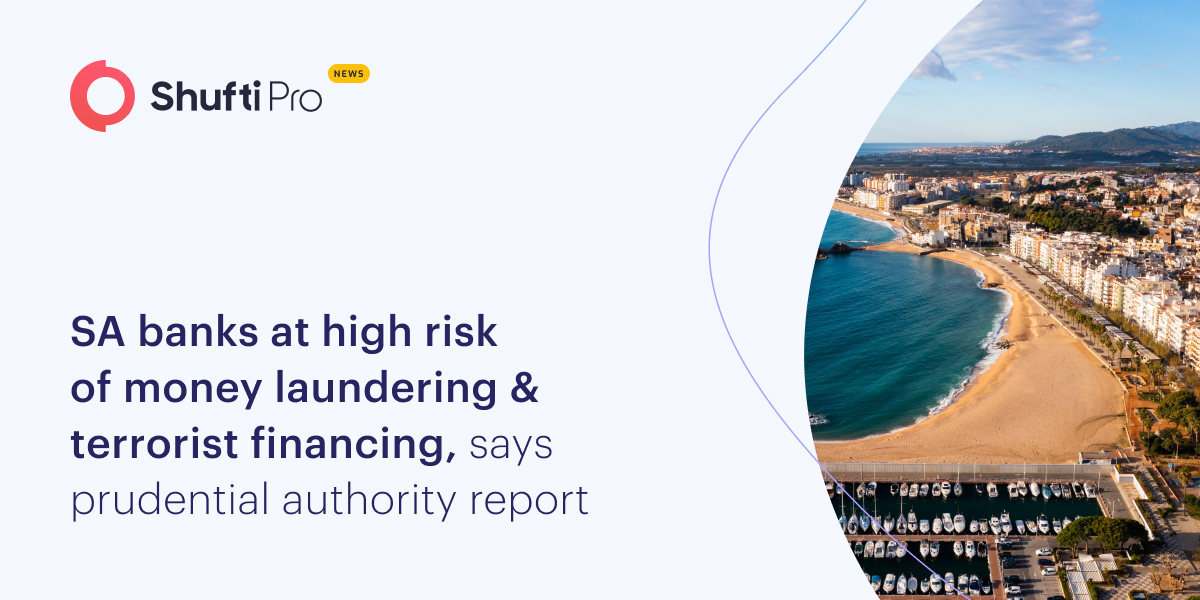SA Banks at High Risk of Money Laundering & Terrorist Financing, Says Prudential Authority Report

South African banks have moved up into the high-risk category in the new report from the Prudential Authority
The report from the Prudential authority of the South African Reserve Bank (SARB) reveals that SA banks are put into the high-risk category for the illicit crimes of money laundering, terrorist financing and proliferation financing. The report mentions the top five banks that are considered highly risky.
The report came out in the response to the initial report issued by the global money laundering and terrorist financing watchdog, FATF. South Africa has been given time until October to provide a complete plan to resolve the deficiencies marked by the intergovernmental body.
The Deputy Governor of the South African Reserve Bank, Fundi Tshazibana was interviewed by Bruce Whitfield. Tshazibana is also a member of the Monetary Policy Committee (MPC). He emphasized the PA report did not say that the banks are doing things wrong but has identified the risks as they can impose various threats. She said: “In our world of finance we talk about inherent risk which is risks as they are and then we talk also about residual risks, which is once the banks have implemented the law, what is left.”
She further added: “This report FATF has undertaken flags that South Africa has got high risk just by its nature as an emerging market country, and the type of transactions, so what we’ve done as the Prudential Authority is to put together **our **perspective that identifies what those risks are so that the banks are aware of them and can actively engage on that.”
She identified that financial crimes are widespread and that is why FATF performs periodic inspections across the countries, also highlighting the things that impose banks on high risks of contactless banking, such as identity fraud and the suspicious transactions processed through commercial channels such as trusts and the cash transactions that make it very hard to verify the clients.
Tshazibana further elaborated in the interview that there is a need for high concern because “if we do not undertake the actions that they’ve identified as gaps, there is a very high risk that we are placed (on the grey list)”.
However, she does add some reassurance by mentioning: “The PA is working at breakneck speed to make sure that we comply when they approach us in October to see how we are doing in terms of the enhanced supervision.”
Suggested Read: South Africa links fintech startups with financial regulators

 Explore Now
Explore Now













